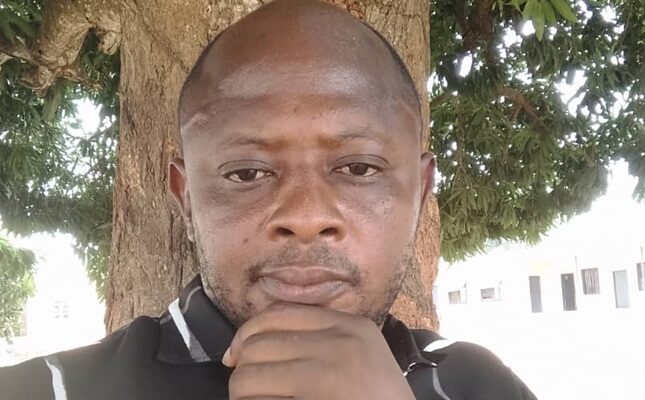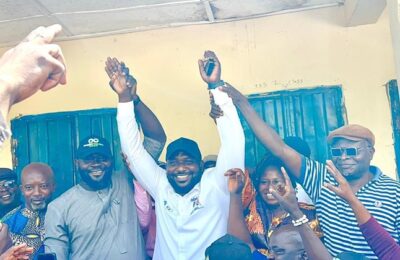Cry not, my country Nigeria, though the storms beat hard and the winds of confusion howl loud against your tired ears. You have sung many songs—songs of hope, betrayal, unity, and division—but now, you return to your roots, to the cradle that once nursed your national soul. “Nigeria, We Hail Thee”—a song buried but not forgotten—rises again from the ashes of nostalgia, like an ancestral melody calling her scattered children home.
The anthem we once sang at dawn, hand to heart, was more than lyrics. It was a vow—naïve perhaps, but sincere. It bore the weight of our diversity and the audacity of our unity. The line “Though tribe and tongue may differ, in brotherhood we stand” remains both a dream and a rebuke. Today, we rehearse these words again, not just in voice, but in the hope that perhaps the wounds of yesterday can be cleansed with truth, justice, and reconciliation.
But what did we abandon when we replaced it in 1978 with “Arise, O Compatriots”? Was it mere poetic preference, or did we, unknowingly, trade our founding dream for a manufactured rhythm devoid of spiritual inheritance? The return to our original anthem is not just a political decision; it is a historical mirror and a national repentance—a reaching backward to correct what we did not fully understand then.
Yet, cry not, my country. Do not weep for the years your leaders failed you or for the youths who, in trying to survive, lost faith in the idea of Nigeria. Instead, weep only to cleanse, then rise to rebuild. As the anthem pleads, “Grant this our one request, help us to build a nation where no man is oppressed,” may those who hold the pen of power hear the cry between the lines.
Nigeria is not just a geographical expression. She is a mother groaning under the weight of betrayal. Her resources have been looted, her streets bloodied by injustice, her hopes mortgaged by selfish elites. And yet, in the defiance of the average Nigerian—in the laughter of children playing football on red dust streets, in the resilience of market women, in the prayers rising from mosques and churches—Nigeria refuses to die.
The reinstated anthem is both a resurrection and a question: will we, the people, finally become the guardians of the values we sing about? Will our flag truly be a symbol where “truth and justice reign”? Or will we merely sing again while corruption dines with kings and injustice sleeps soundly in Aso Rock?
Cry not, my country Nigeria. For as long as your children remember you, as long as there is breath in the lungs of one honest citizen, there is hope. Let this anthem be more than ceremonial—it must become moral. Let our classrooms, our courtrooms, our churches, our mosques, and our homes echo with the spirit of a nation reborn, not by the stroke of policy, but by the courage of purpose.
May we pass to our children a banner without stain, and not a country shredded by ethnic rivalry and economic shame. May the anthem we sing become the anthem we live.
Nigeria, we hail thee—not because you are perfect, but because you are ours.
– Inah Boniface Ocholi writes from Ayah – Igalamela/Odolu LGA, Kogi state.
08152094428 (SMS Only)




